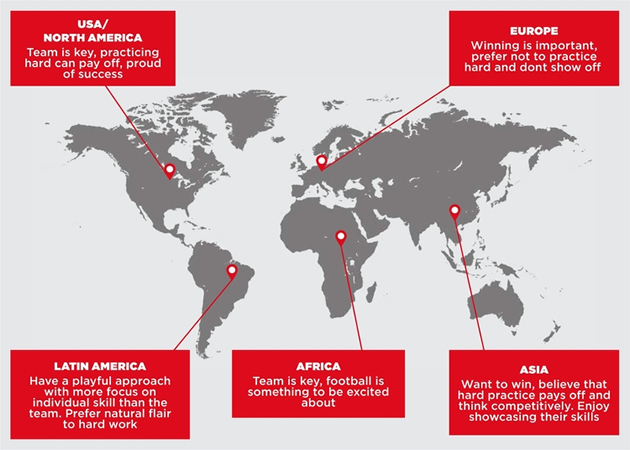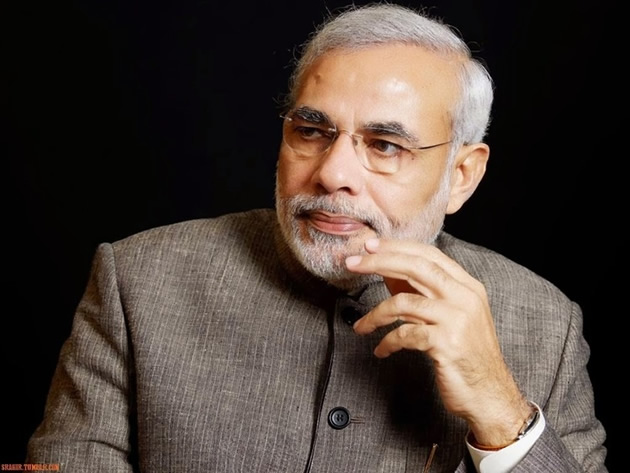WE ARE THE PIONEERS•Zim hailed for giving the world the Copa Coca-Cola tournament


TEENAGE FOOTBALLERS’ SECRETS . . . This graphic, produced after a global research conducted by Coca-Cola related to the Copa Coca-Cola, a tournament that was launched in Zimbabwe in 1989, shows trends related to teenage
Robson Sharuko Senior Sports Editor
ZIMBABWE is being hailed for introducing a revolutionary schools’ football tournament, which is boosting the development of the game around the globe, providing a ray of light to the gloom triggered by our expulsion from the 2018 World Cup qualifiers.
Copa Coca-Cola, a schools’ football tournament that started in Zimbabwe and provided a platform for players like the legendary Peter Ndlovu to announce their arrival on the big stage, has now turned into a global show played in more than 60 countries, across five different continents.
Last year, more than 80 000 schools from across the world took part in the Copa Coca-Cola, with more than 1,3 million teenage footballers showcasing their budding talents in the tournament.
A global research conducted by the sponsors, Coca-Cola, praises Zimbabwe for its pioneering role in introducing the tournament in 1989, when a 16-year-old Ndlovu was still a student at Mzilikazi, and says the tournament has been such a huge success it has had a massive impact in the development of the game around the world.
“In 1989, Coca-Cola in Zimbabwe created a competition to empower footballing passion and support the development of budding grassroots talent,” the report reads.
“The event was an unrivalled success and soon spread throughout the country before, almost a decade later, moving across the Atlantic to Mexico in 1998, where it became Copa Coca-Cola (inspired by the Spanish word for Cup).
“The tournament was implemented in partnership with governments and football federations to make the competition one of the leading events in the country’s sporting calendar.
“Since the official introduction of the programme, Copa Coca-Cola has expanded to more than 60 countries across five different continents.
“Last year, more than 80 000 schools took part, encouraging over 1,3 million young players to follow an active, healthy lifestyle and embody values such as team spirit, friendship and respect.
“Copa Coca-Cola continues to expand, with more countries and teens participating in the tournament. But what impact does football have on young people’s lives and how?
“In late 2014, Coca-Cola commissioned comprehensive global research to gain a greater understanding of the role football plays in the development of teenagers’ lives.
“This report investigates and describes the playing habits, motivations and aspirations of teenage footballers in 16 countries across the world.”
Coca-Cola says the tournament continues to grow around the world and the company expects millions of more teenage schoolboys and girls around the world to play in the schools’ festival before they go on to make a name for themselves as professionals.
“So, what about the future? Will the current crop of football-mad teenagers continue to reap the benefits of playing the beautiful game or will their participation decrease in the future as their lives change?
“The interview group were directly asked this and encouragingly 61 percent strongly believed they would be playing in the next five years, with only 10 percent citing they were unlikely to be playing in that time frame.
“However, there is a strong difference between the sexes on future playing ambitions, with only 30 percent of girls claiming it was very likely that they would still be playing, compared to almost half (46 percent) of boys.
“One of the primary aims of Copa Coca-Cola is to give as many teens an opportunity to be active while playing a sport they love as possible. The results of the research demonstrate the significant benefits — physically, socially and mentally — teens garner playing football.
“As Copa Coca-Cola expands its footprints into new markets, the aim is for more and more players to get involved and for more teens to feel inspired to lead active healthy lives, form lasting friendships, learn important life skills and follow their dreams.”
The report is a major coup for Coca-Cola Zimbabwe and their local partners, for their revolutionary innovation to start a tournament that would eventually be embraced by the whole world, and provides a ray of light to the dark cloud that has been hanging over Zimbabwean football since the country was summarily expelled from the 2018 FIFA World Cup qualifiers.
It provides a rare dosage of positive news for a country that has been weighed down by negativity, when it comes to its national game, in the last few years, culminating in the decision by FIFA to expel the Warriors from the 2018 World Cup qualifiers without kicking a ball after ZIFA failed to pay former national team coach Valinhos his dues.
The Zimbabwe Copa Coca-Cola Dream Team are the defending African champions, having won the tournament in 2013 when it was last played
The next tournament is set for South Africa next year.
Two teenagers, who shone at the 2014 Copa Coca-Cola tournament in this country, Devine Khumalo, a 15-year-old Mzilikazi schoolboy who is with the Highlanders’ junior teams, and Leeroy Wellie of Oriel Boys high, spent a week at a training camp in Germany.
The camp was held from July 26-31.
“I am excited and feel honoured to be one of the players going to Germany,” Wellie said just before his departure to Europe.
“This is my first time to travel outside Zimbabwe. I hope to learn more skills and (how to work) as a team.”
Khumalo, who is expected to make a big name for himself in the near future, also hailed the attachment.
“I think it is an opportunity for me to learn and improve my skills,” he said. “I think this is all because of the hard work that I have put in as a player.”
Twenty players were selected for the Zimbabwe Copa Coca-Cola Dream Team that will take part in the Africa finals in South Africa next year.
Copa Coca-Cola Dream Team:
Ishmael Nyamhi, Midian Chidavhu, Ashley Musarurwa, Ronald Wadula (Rujeko), Rodwell Manhungo, Hagiazo Magaya (Prince Edward), Mongameli Tshuma (Mpopoma), Douglas Mapfumo, Hazard Dube, Jinjihad Murevanomwe (Chemhanza), Takudzwa Masiya (Nemakonde), Joe Moyo (Guinea Fowl), Prince Milanzi, Foster Munganasa, Cardwell Chifamba (Dewure), Tafadzwa Dhliwayo (Gifford), Partson Phiri, Evans Damba (How Mine), Shepherd Maphigo (Bernard Mizeki), Xesha Ndlovu (Tsholotsho).
For the next few days The Herald will be serialising the report released by Coca-Cola after their global research into the Copa Coca-Cola football tournament, a tourney that has its roots in Zimbabwe and has since spread across the entire world.








Comments